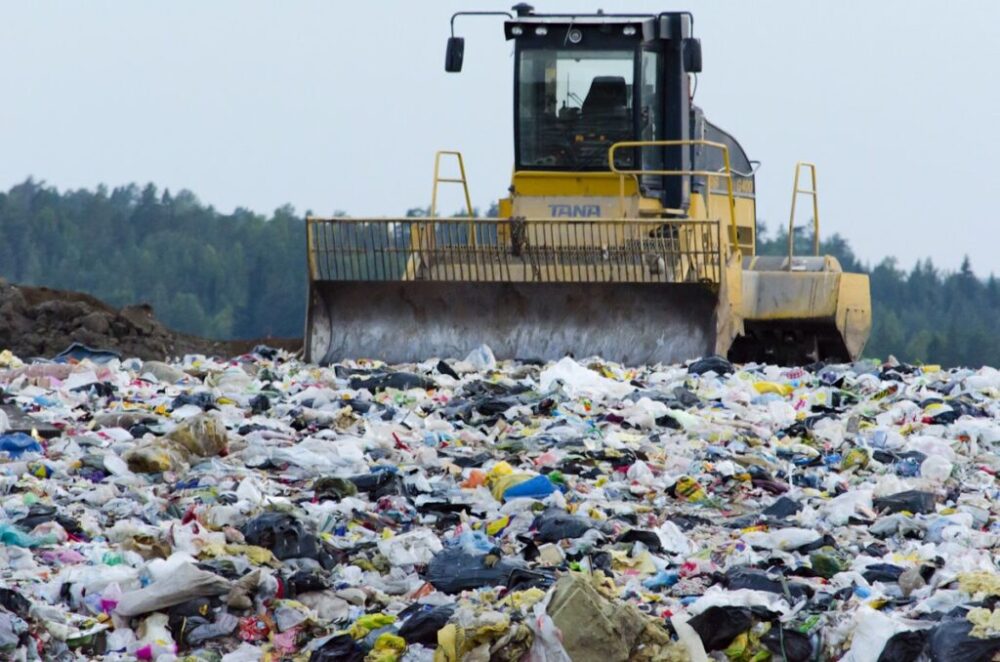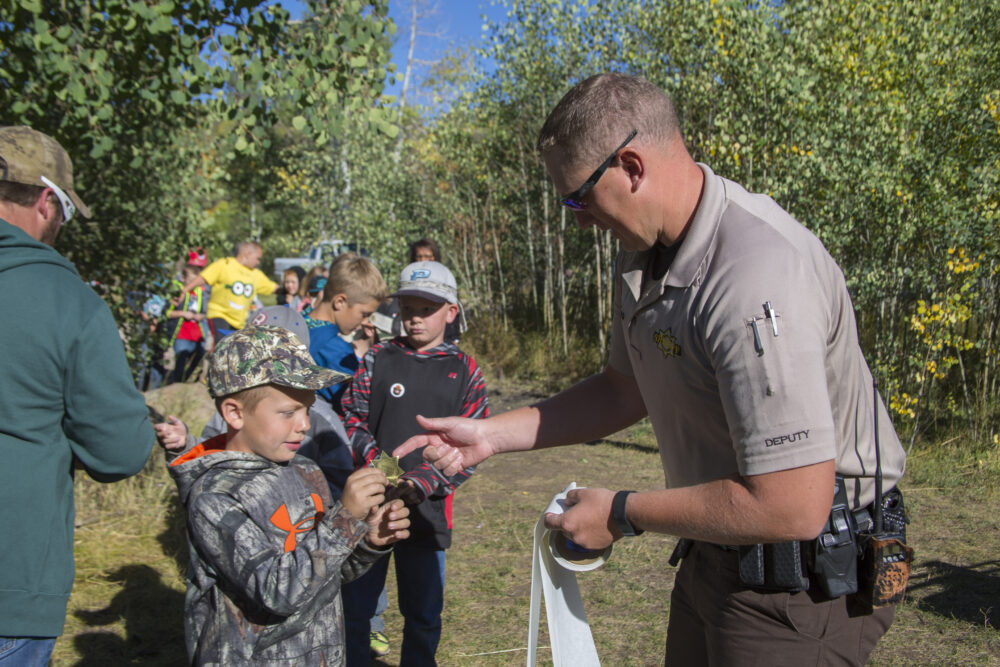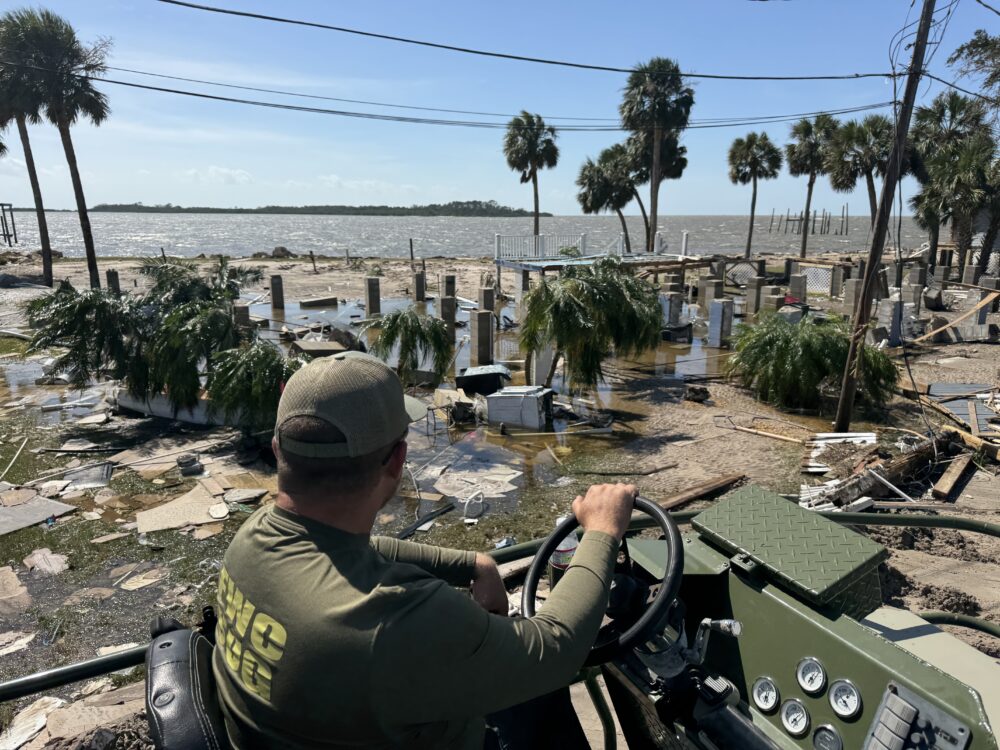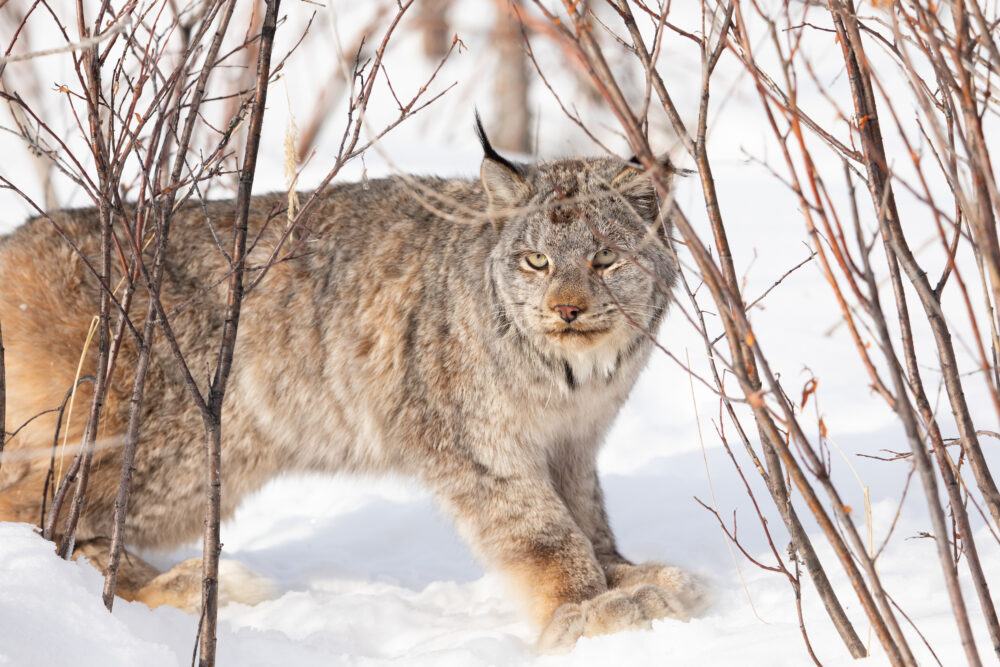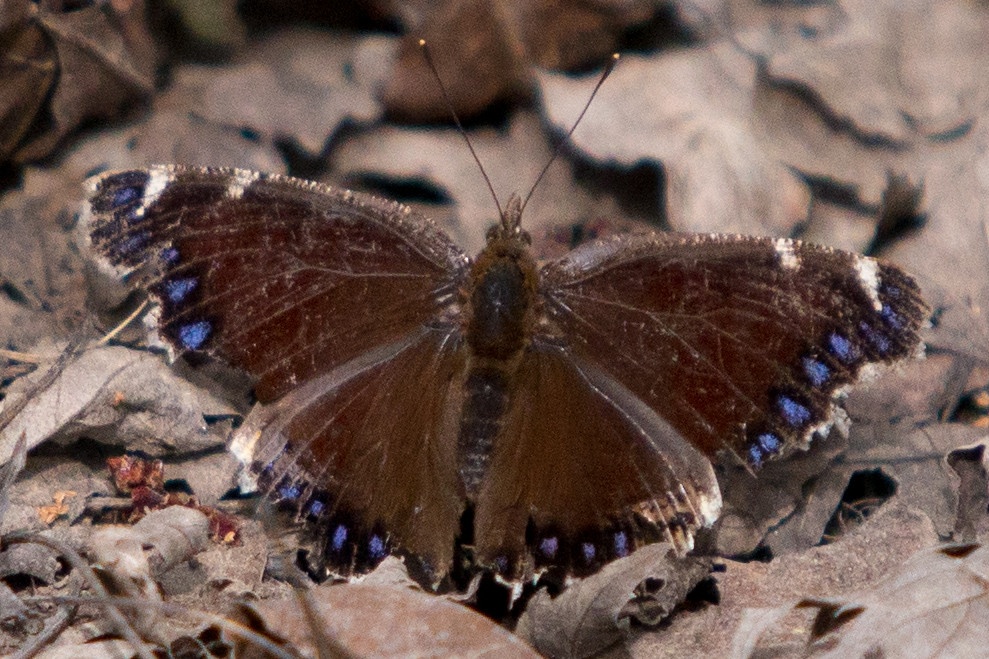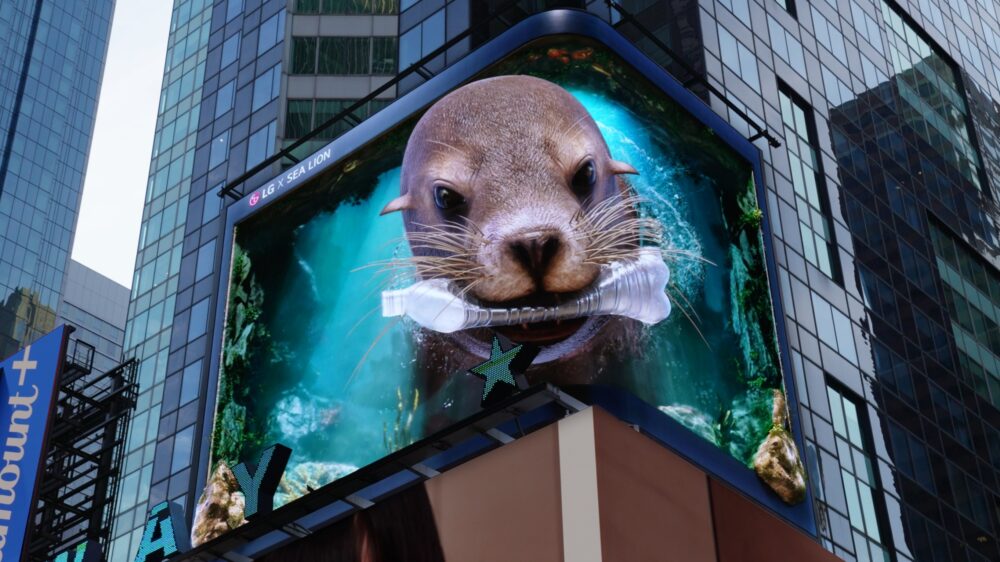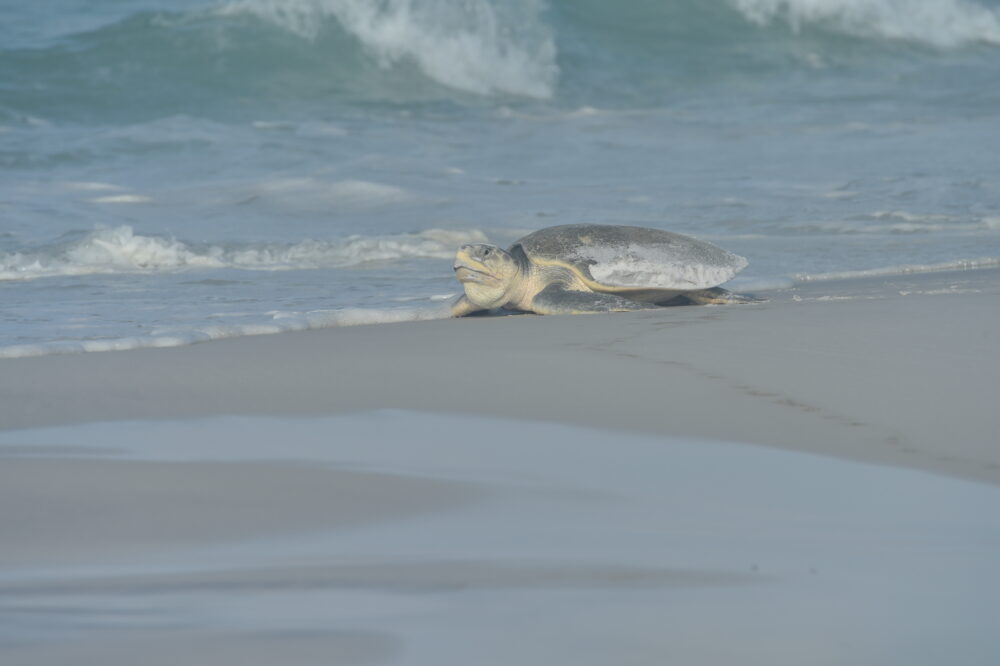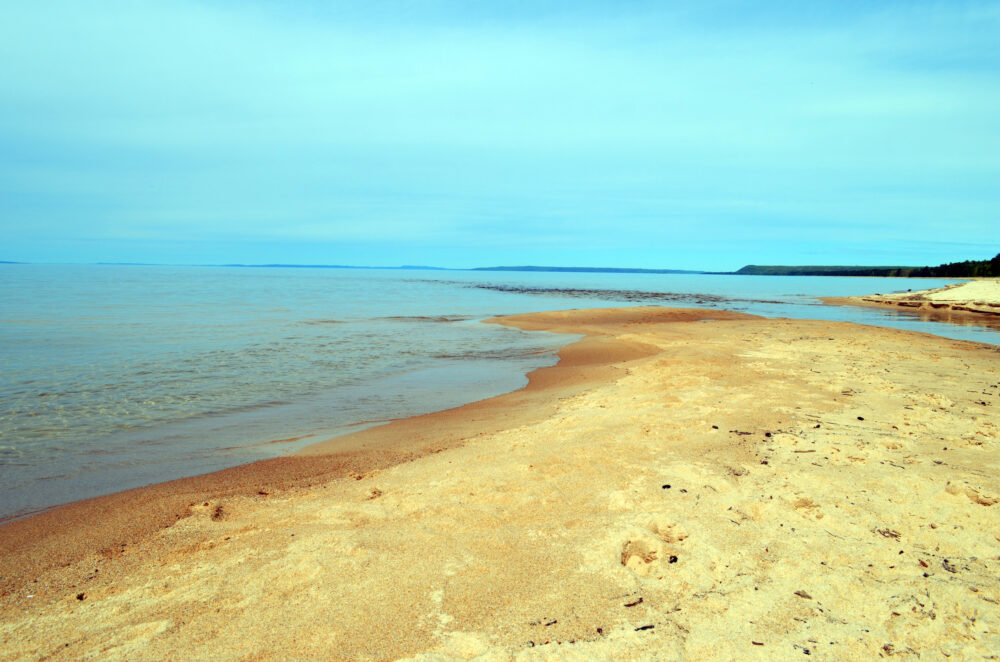We have much more to do and your continued support is needed now more than ever.
Wildlife’s Keystone XL Pipeline Heroes
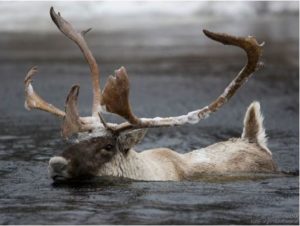
This is a long awaited victory. The National Wildlife Federation and many of our members, affiliates, and partners have been in the Keystone XL pipeline fight from the very beginning. NWF has had a presence in Nebraska, bringing attention to migratory birds and the Ogallala Aquifer; in Washington DC, urging congress and the President to reject the harmful pipeline; and everywhere in between, protecting the many species that stood to be impacted by such a pipeline.
So along with our celebration on a hard-fought win for wildlife, clean air, clean water, and safe communities, we want to honor some of NWF’s many heroes that have played a significant role in this issue. Below are just a few of the heroes that deserve recognition for this victory:
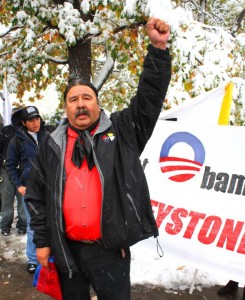
Tom Poor Bear
Tom Poor Bear is the Vice President of the Ogallala Sioux Tribe. Tom has been a tireless advocate against the development of tar sands and the KXL pipeline. With an unparalleled passion, Tom fought the pipeline, which he called a “snake that is spitting black venom into our water.”
Through his passionate advocacy, tribal members have rallied against the pipeline from the fields of South Dakota to the pavement of Washington, D.C.
With his leadership, the Ogllala Sioux Tribal Council passed a resolution opposing the pipeline because it violates tribal treaty rights and threatens water resources.
Pat Spears

Simultaneously, Pat helped lead grassroots tribal opposition to dirty energy projects, including the KXL pipeline. Pat carried a deep respect for Lakota spirituality, and conversed with princes, senators and cabinet ministers. He voiced the dreams, values and aspirations of the Ikce Wicasa or “Common Man”.
His own spirit ran as wide as his beloved Missouri River and as deep as the verdant prairie grasses. He humbly greeted every dawn in gratitude with an understanding of the threats of human-induced climate change and that mankind could be the swing vote in making a difference. Sadly Pat has since passed away, though his spirit abounds in the ongoing work.
Duane Hovorka
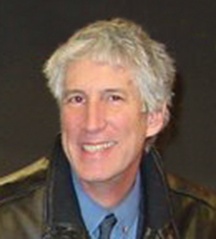
NEWF was the first conservation group in Nebraska to raise concerns over the KXL pipeline and attended the US State Department’s first public meetings about the pipeline in Nebraska in 2010.
The route of the pipeline was proposed to cut through the fragile Nebraska Sand hills and Ogallala Aquifer, putting both migrating cranes and the drinking water of thousands of people at risk. Hovorka continued the fight against the pipeline when testifying against it at a State Department hearing in Grand Island, Nebraska in 2013 and NEWF has since continued to work with a network of farm, faith, conservation, and civic groups to oppose construction of the pipeline.
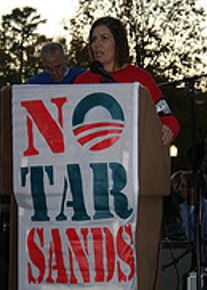
Jane Kleeb
Well before Keystone XL become a nationally known issue, the National Wildlife Federation teamed up with organizer and activist Jane Kleeb of Hastings, Nebraska.
Jane took concerns about KXL to Nebraskans, founding a local group called Bold Nebraska and organizing ranchers, landowners, and Nebraskans of all stripes to protect Nebraska from the harms of tar sands. Jane has worked tirelessly to stop KXL, appearing frequently on national television and giving a voice to the people who would have been most directly impacted by the pipeline.
![]() Thank President Obama for saying ‘No’ to the pipeline and ‘Yes’ to Wildlife!
Thank President Obama for saying ‘No’ to the pipeline and ‘Yes’ to Wildlife!






